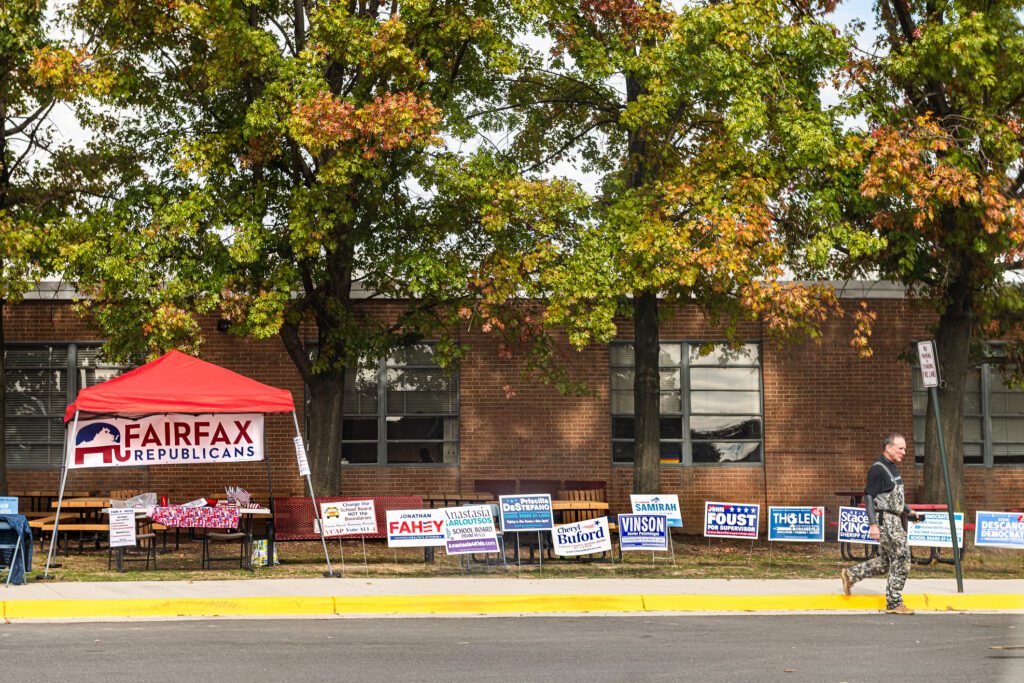Field Outreach Costs Expected To Rise In ’22 Along With Staffing Issues
Two trends hitting the broader economy are going to collide with campaigns’ and groups’ outreach efforts in 2022.

Image Credit: ablokhin
A continued hiring challenge and inflation could raise the cost of running field programs next year “substantially,” a top practitioner told C&E.
Duc Vu, who recently joined Chariot Campaigns, said the increased cost will stem from things like higher gas prices, plane tickets and hotels — all of which were lower during 2020. But offering wages attractive enough to get paid field staff onboard is also going to contribute to the price of field programs.
“We’re competing against every service industry in the country to get articulate, thoughtful people to come to the door and have conversations,” said Vu, a former senior associate at Axiom Strategies and national director of public affairs at Vanguard Field Strategies.
Moreover, campaigns will have to be prepared to cycle through new hires to find the right personnel for their efforts. “It may take thousands to find the core 50-60 people who are passionate about it and are efficient about having conversations,” Vu said. “It takes a lot of money to find those talented people so the costs are going to be significantly higher this coming cycle compared to last.”
Eric Wilson, a GOP digital consultant and podcaster, has also identified wages as a problem area for campaigns looking to hire staff as opposed to freelancers.
“It’s going to be hard for campaigns to be competitive with the salaries that someone could get as a freelancer just because being a campaign manager or a political director on a campaign is not as prestigious as it was a couple of cycles ago because it has gotten so [hostile]. These staffers are dealing with angry voters on both sides,” Wilson wrote in a recent C&E piece.
Other field consultants have also told C&E that their teams faced hostile environments while connecting with voters recently: “We had tables turned over, we had people trying to grab petitions away that were signed by people,” said Jimmy Camp, a Southern California-based field consultant who led an effort to gather signatures to recall Los Angeles City Councilman Mike Bonin. “It got ugly and violent at times, but we pushed through that.”
Despite the challenges, Vu is bullish on the business prospects for field consultants in 2022. Part of that is down to the growing challenge of reaching voters through advertising channels. Broadcast TV viewership is declining, OTT vendors are already limiting political ad buys, and platforms like Meta are limiting targeting.
“[Field is] one of the few things that we have left in the tool bag that people don’t ignore,” said Vu. “So many people are cord cutters, many people don’t have cable, and they don’t watch traditional television so you don’t find them there. They’re used to opting out on every singe email, and they’re avoiding social media, or if they stay on social media they’re curating what they see on there. What are you left with? Someone’s mailbox and their front door.”
Vu is also encouraging clients to think about starting their programs earlier, although only if they can sustain the outreach effort through the primary or general election.
“You don’t want to contact people by field and then not have contact for four months. You just have to be consistent. It doesn’t have to be overwhelming, but you want that consistency,” he said. “The earlier you can get out there, the more repetitions you can get with your voter, the better relationship you can have with them.”

